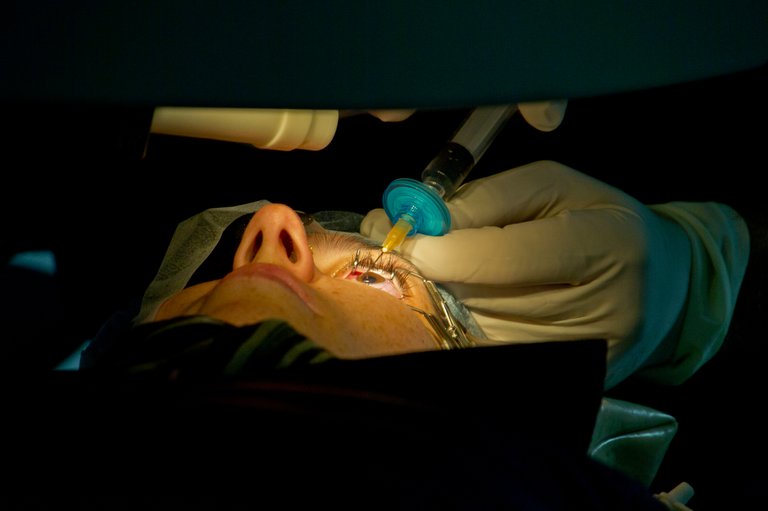The Impact of Unhealthy Eating on Vision and A Closer Look at Nutritional Optic Neuropathy
Is it possible that eating a diet of french fries, Pringles and white bread only can be responsible for bad eyesight? While I was surfing through the internet, I saw a CNN news titled "Teenage boy goes blind after existing on Pringles, white bread and french fries" This particular topic sprung up a heated argument yesterday, and we had to find a way to resolve it and we went through the story, and through possible studies and research to the possibility. So I am glad to share what we concluded with you. A link to the CNN news page is in the reference below.
According to the University of Bristol, the teenage boy in question exclusively consumed a diet composed of french fries, Pringles, and white bread. This eating pattern resulted in a series of alarming health issues, including fatigue, anemia, and critically low levels of vitamin B12. Furthermore, the boy's vision deteriorated to a point where his visual acuity was measured at 20/200, rendering him legally blind in both the United States and the United Kingdom. This level of vision impairment is often associated with damage to the optic nerve, the vital link between the eye and the brain responsible for transmitting visual signals.
His eating lifestyle had caused him to have low levels of vital minerals and vitamins such as B12, Copper, vitamin D, and Selenium while having increased levels of zinc and reduced bone density. This diagnosis led to the teenager having a nutritional neuropathy known as nutritional optic neuropathy.
With Nutritional Optic Neuropathy, Poor dieting or medical malnourishment can lead to damage of the optic nerve causing blindness. When a person is medically malnourished, it can be from drugs, poor diet, eating disorders, gastrointestinal surgery, and alcoholism. The patient had used up most of his vitamins which would usually take a long time of malnourishment for a person to completely use it up and this led to permanent blindness. The patient was given supplements which is a good start, and according to the report was also treated for selective eating disorder now referred to as Avoidant restrictive food intake disorder, which is a category of eating disorders.
With Avoidant restrictive food intake disorder, the patient isn't concerned about how they look but rather what they want to always have as a meal while seeing other meals as not meal enough for their consumption because of look, smells, or any other reason. This was what this young teenager was experiencing and this led him to eat a particular type of food which lead to his blindness. Avoidant restrictive food intake disorder is likely common in people with Autism Spectrum Disorder, ADHD, and intellectual disabilities who are at a higher chance of developing Avoidant restrictive food intake disorder.
Vitamin B absence in the body can lead to toxic metabolism build-ups and ultimately damage to nerve cells. and that is why people who eat unhealthy food can suffer age-degenerated macular degeneration as they grow older. You see, food and our health go hand in hand. Not eating healthy food leads to nutritional deficiencies and can leave sight at risk. It is important not to have nutritional deficiencies such as low iron, vitamin B12, vitamin D, Calcium, Magnesium, and Iodine. Having a balanced diet will do us a lot of good than eating junk food would not provide the necessary nutrition the body.
The case of the teenage boy serves as a reminder that what we consume profoundly impacts our health, and no part of our body is left out including the health of our eyes. Poor dietary choices can lead to debilitating deficiencies and, in extreme cases, result in permanent vision impairment.


Post reviewed and approved for an Ecency boost. 😊
Yay! 🤗
Your content has been boosted with Ecency Points, by @ireti.
Use Ecency daily to boost your growth on platform!
Support Ecency
Vote for new Proposal
Delegate HP and earn more
Thanks for your contribution to the STEMsocial community. Feel free to join us on discord to get to know the rest of us!
Please consider delegating to the @stemsocial account (85% of the curation rewards are returned).
Thanks for including @stemsocial as a beneficiary, which gives you stronger support.